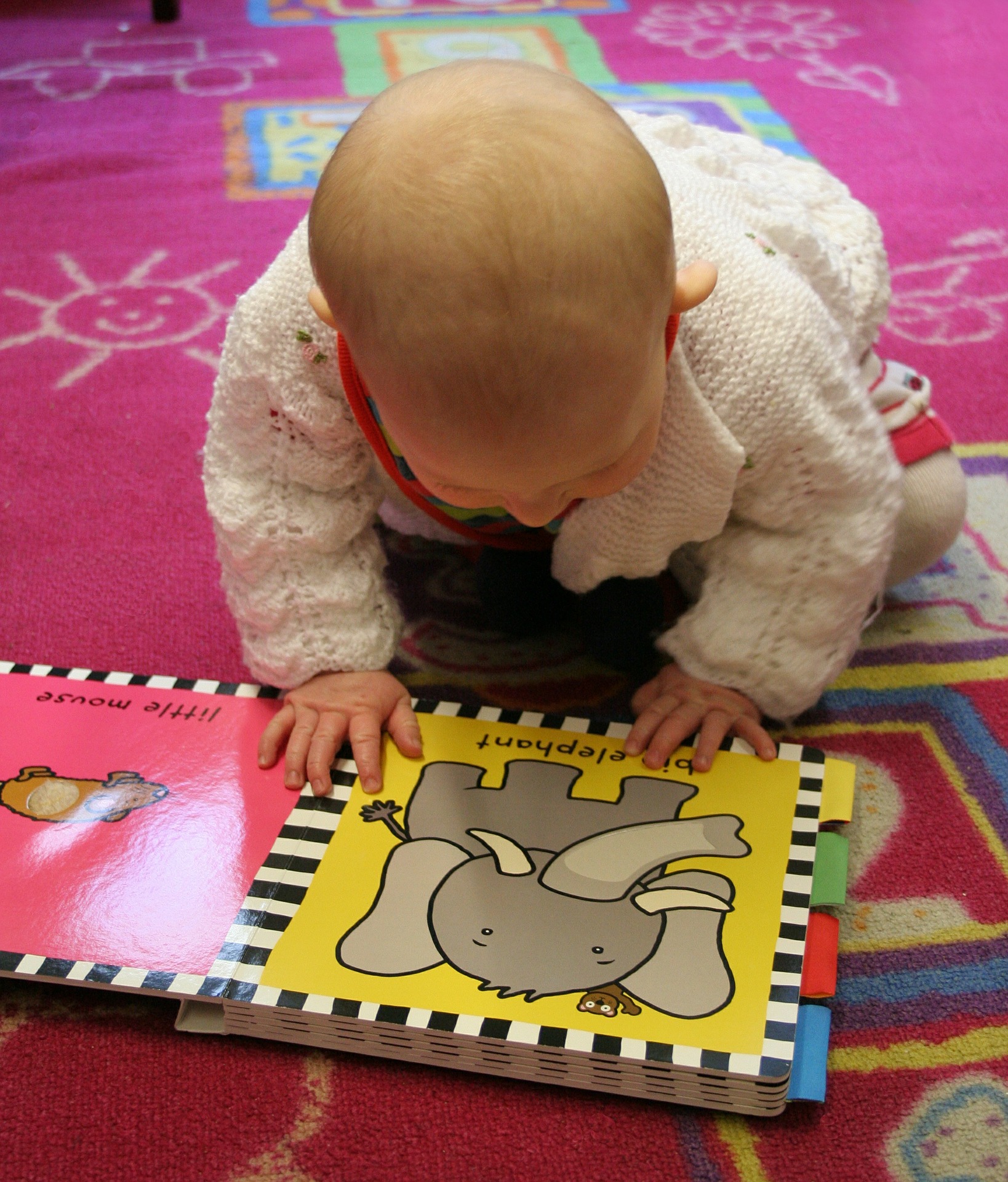Search
Research
Health behaviour change: Theories, progress, and recommendations for the next generation of physical activity researchAdaptive behaviour change is central to improving population health, yet poor adoption of health-enhancing behaviours contributes to noncommunicable diseases and so remains a global concern. Research on physical activity behaviour change has continued to expand and evolve since the turn of the millennium, guided by diverse theoretical approaches-from social cognitive theories, organismic dialectical approaches such as Self-Determination Theory, dual-process frameworks, and integrated practical models and taxonomies.
Research
What Do Food Business Owners and Managers Think About Enhancing the Nutritional Quality of Kids' Menus in Sit-Down Eating-Out-of-Home Venues?As the frequency of eating out-of-home among Australian families increases, concerns have arisen regarding the nutritional quality of Kids' Menus. This study investigated the views of food business owners and managers on Kids' Menus at sit-down venues, specifically factors influencing the choice of meals offered on Kids' Menus and potential initiatives for enhancing the nutritional quality of these menus.
Research
‘You Can Sort of Justify Having That Drink’: Australian Young Adults' Perspectives on the Appeal and Influence of ‘Better for You’ Alcohol ProductsAlcohol industry publications reveal that the industry targets young people with better for you (BFY) marketing that promotes the nutrition and health-oriented aspects of some products, despite the inherent harms of alcohol consumption. This research investigated how young adults conceptualise the appeal of BFY alcohol products and their potential effect on consumption, and their opinions of the alcohol industry in the context of this marketing.
Research
Parenting in the age of social media: The buffering effect of parental self-efficacy on the relationship between parental social media use and parent child-relationship qualityThe widespread use of technology in daily life has raised concerns about its potential to disrupt social relationships, particularly within one of the most important human relationships: the parent-child relationship. This study assesses whether parental social media use (measured by a novel parental social media intensity scale) affects the parent-child relationship (measured by the child-parent relationship scale - short form), and whether parental self-efficacy (PSE, measured by the parenting sense of competence scale) moderates this effect.
Research
How Alexithymia Increases Mental Health Symptoms in Adolescence: Longitudinal Evidence for the Mediating Role of Emotion RegulationAlexithymia is characterised by difficulties identifying and describing feelings, as well as a lack of focus on feelings. Alexithymia is a transdiagnostic risk factor for developing a wide array of psychopathologies, such as anxiety and depression, with a key hypothesised mechanism being the impairing impact of alexithymia on emotion regulation competency. However, no study has tested whether difficulties with emotion regulation mediate the link between alexithymia and psychopathological symptoms using longitudinal designs.

Research
MeaslesMeasles is a highly contagious infectious disease that can cause severe, long-term complications in children.
Research
Estimated Therapy Costs and Downstream Cost Consequences of iBASIS-Video Interaction to Promote Positive Parenting Intervention vs Usual Care Among Children Displaying Early Behavioral Signs of Autism in AustraliaThe growing global prevalence of autism spectrum disorder is associated with increasing costs for support services. Ascertaining the effects of a successful preemptive intervention for infants showing early behavioral signs of autism on human services budgets is highly policy relevant.
Research
Impacts on Human Movement in Australian Cities Related to the COVID-19 PandemicNo studies have yet examined high-resolution shifts in the spatial patterns of human movement in Australia throughout 2020 and 2021, a period coincident with the repeated enactment and removal of varied governmental restrictions aimed at reducing community transmission of SARS-CoV-2. We compared overlapping timeseries of COVID-19 pandemic-related restrictions, epidemiological data on cases and vaccination rates, and high-resolution human movement data to characterize population-level responses to the pandemic in Australian cities.
Research
The effectiveness of a day hospital mentalization-based therapy programme for adolescents with borderline personality traits: Findings from Touchstone—Child and Adolescent Mental Health ServiceIndividuals with borderline personality disorder (BPD) are at a substantial risk of harm to themselves and others, experience high levels of functional impairment and typically are high users of tertiary healthcare to address their mental health concerns. As indicators for BPD typically emerge in adolescence, a day therapy service in Bentley, Western Australia, Touchstone Child and Adolescent Mental Health Service (CAMHS), was developed as an intensive intervention for adolescents with indicators for BPD and its associated symptomology.
Research
The association between otitis media in early childhood with later behaviour and attention problems: A longitudinal pregnancy cohortThe present study aims to investigate the association between an early history of recurrent otitis media (OM) with or without ventilation tube insertion and later behavioural problems in childhood and adolescence.
